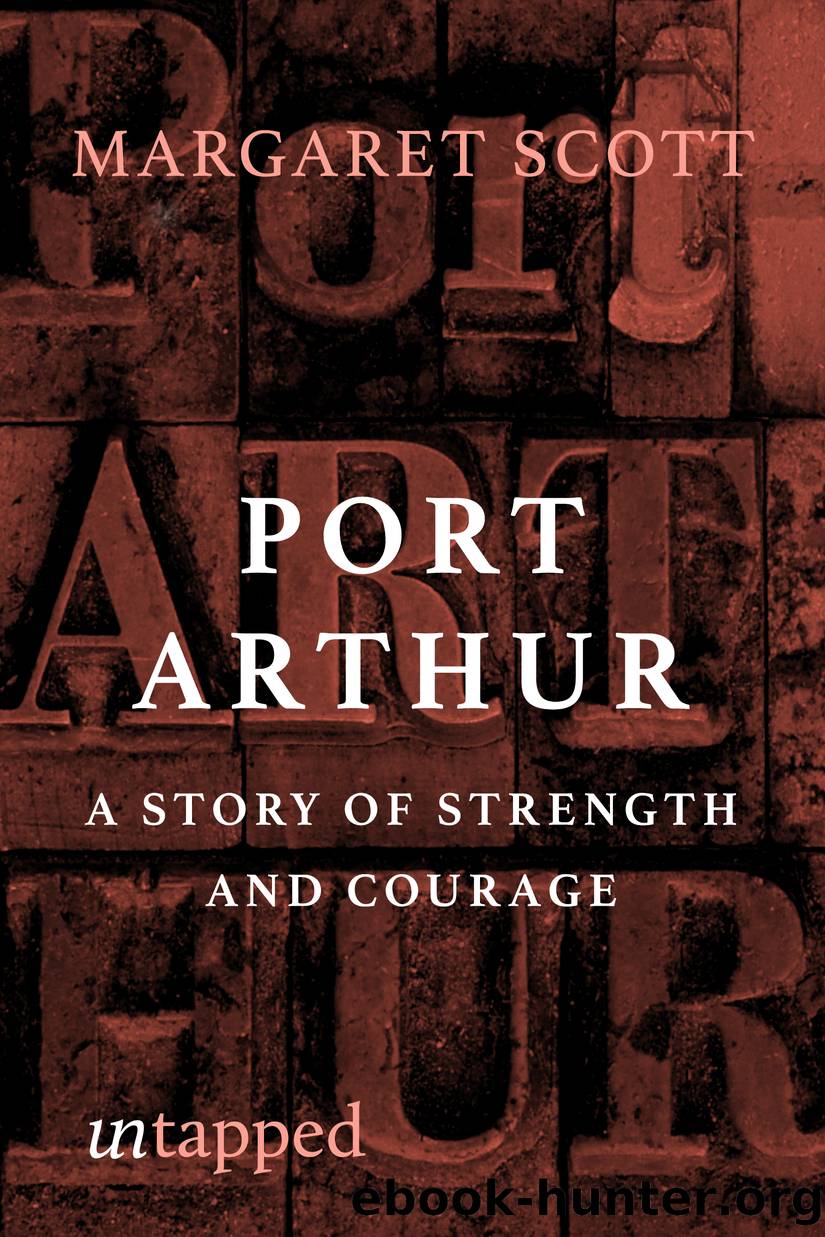Port Arthur by Margaret Scott

Author:Margaret Scott
Language: eng
Format: epub
Publisher: Ligature Pty Limited
Published: 2021-11-12T23:55:33+00:00
Fallout
No matter how good you are, you donât understand.
âRon Neander
The fallout from the Port Arthur massacre is incalculable. Damian Bugg, the Director of Public Prosecutions, spoke at the sentencing hearing of the sufferings of five groups: those who lost family members or friends; injured people; eye-witnesses; the broader community, and the people from that broader community who helped to deal with the incident. Some people belong to more than one group. Carolyn Loughton and Neville Quin, for instance, lost family members and were themselves severely injured. Most of the injured, apart from some who were shot as they drove past Seascape, witnessed the death or wounding of others. And members of the broader community, like the Irelands, who witnessed the immediate aftermath of the shooting, dealt with the injured on the day and later found themselves involved in the treatment of traumatised patients and other aspects of their communityâs recovery.
It is impossible to quantify the sufferings of even the more clearly defined of these groups. The broader community extends in all directions, embracing people who knew the dead or injured as colleagues, neighbours, school-mates, faces in the street; total strangers in Montreal or Manchester who wondered where, if not in Tasmania, anyone could find safety in todayâs world; investors from the Middle East who were, itâs said, scared away from a sixteen-million-dollar tourist development at Tasmaniaâs Lake St Clair; Peninsula families who found their sense of security shattered and their livelihood threatened yet felt guilty for worrying over their own troubles when they thought of what Walter Mikac had lost.
The plight of the bereaved was made worse by the exceptional nature of the circumstances under which their friends and relatives died. This was no accident or natural disaster, but the work of another human being who appeared to have no comprehensible motive for what he had done, and who, unlike most mass murderers, remained alive. How could anyone else fully imagine the feelings of those whose nearest and dearest had been gunned down by this person? How could anyone relieve their sense of isolation by sharing their pain? Damian Bugg put it like this:
The grief and anguish that is experienced following the sudden and unexpected loss of a lifeâs companion or a lover, a parent, a child or a cherished friend is a human emotion which requires no explanation, and in times of strife or human conflict or even natural disaster we tend to accept loss of life or significant personal injury as one of the exigencies of the environment or times within which we live. There is no everyday experience which can condition the human psyche for a violent assault upon it of the proportions of Martin Bryantâs senseless criminal behaviour on 28 April 1996.
The suddenness of the deaths was cruel enough. Walter Mikac, speaking on âA Current Affairâ said: âItâs like in an afternoon my whole lifeâs been erasedâ. The rest of us, as Damian Bugg points out, can have some understanding of the grief caused by sudden death in a war, a bushfire or a flash flood.
Download
This site does not store any files on its server. We only index and link to content provided by other sites. Please contact the content providers to delete copyright contents if any and email us, we'll remove relevant links or contents immediately.
Inside : one man's experience of prison by Hoskison John(182)
Teach Me to Kill: The Shocking True Story of the Pamela Smart Murder Case by Stephen Sawicki(170)
The Owl Knows by Roy Owenby(151)
Killing Sophie: An Explosive Investigation into the Murder of Sophie du Plantier by Elio Malocco(146)
The Logic of Violence by Brendan Marsh(137)
Foul Deeds & Suspicious Deaths In & Around Rotherham by Kevin Turton(136)
Port Arthur by Margaret Scott(131)
The Original Inspector George Gently Collection by Alan Hunter(130)
The True Story of Canadian Human Trafficking by Unknown(130)
Chasing the Squirrel by Ron Peterson Jr(130)
Foul Deeds & Suspicious Deaths in & Around Colchester by Patrick Denney(127)
Behind Bars by Anna Leask(124)
The Man Who Wasn't There by Dan Box(119)
Gangs of Glasgow : true crime from the streets by Jeffrey Robert(116)
More Foul Deeds & Suspicious Deaths in Birmingham by Nick Billingham(112)
Murder Investigation Team by Steven Keogh(112)
New wave generation by unknow(105)
Carstairs by David Leslie(87)
Scary Monsters and Super Freaks: Stories of Sex, Drugs, Rock 'N' Roll and Murder by Mike Sager(58)
